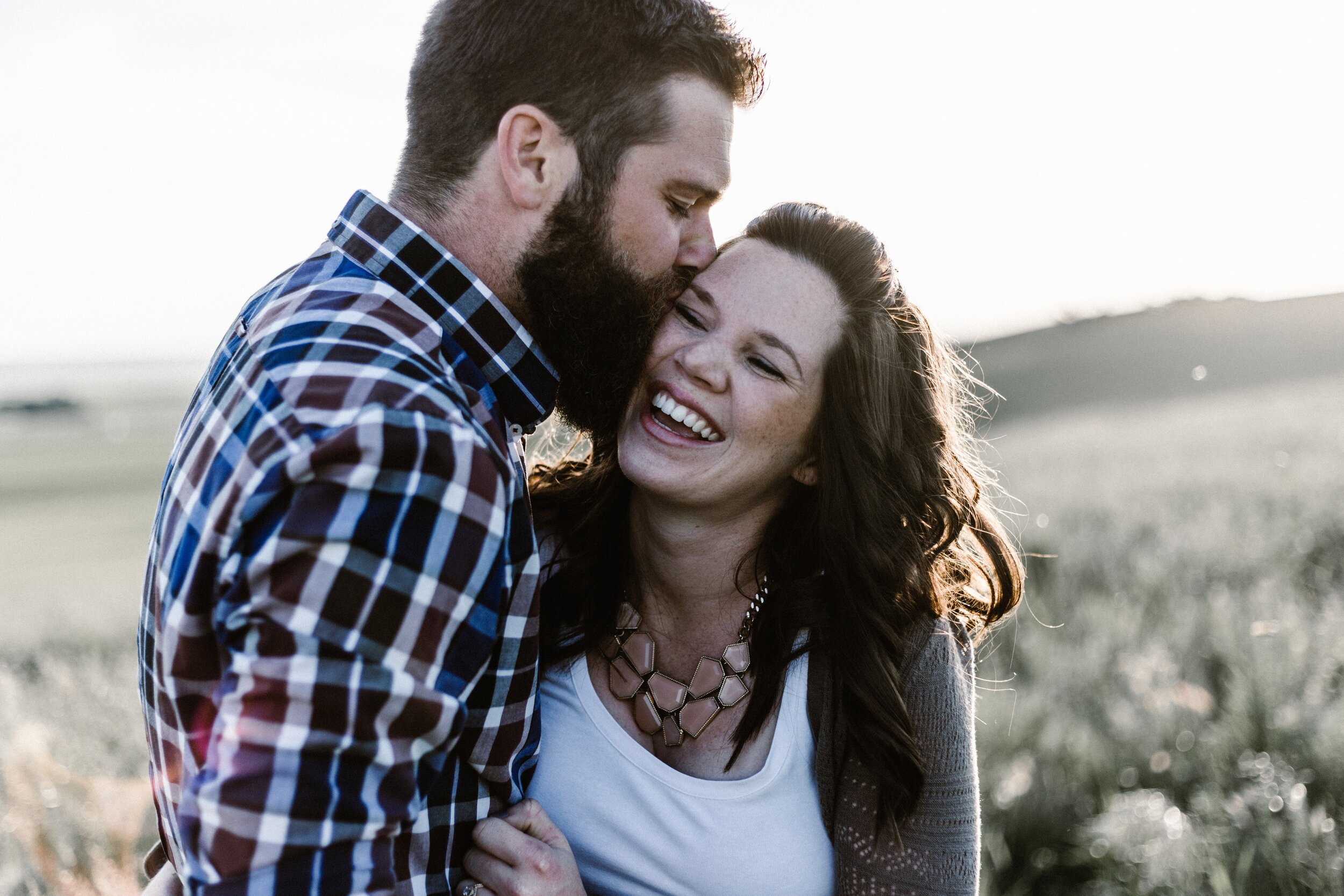You and your partner have decided to take a big step and consider couples counseling. Perhaps you are both wanting a better connection with one another or you feel stuck in some negative patterns. No matter the reason for seeking counseling, consider these four things before you begin. The tools noted below can help you to prepare and set up the process for success for you and your partner.
1. Discuss and identify goals for beginning couples counseling
Consider what you hope to get out of couples counseling and make sure you discuss your goals with your partner before starting therapy. Are you hoping to solve conflict? Increase passion? Increase connection? Your goals may be slightly different from one another and that is totally okay, just make sure to talk about them! Common reasons couples seek counseling are to increase intimacy, sex and closeness, as well as improve communication and negotiate conflict. When you and your partner establish a clear sense of goals together, you ensure you get what you want out of therapy.
2. Make clear your commitment to the process
You may feel ambivalent, apprehensive, anxious or a mix of emotions around therapy. No matter what feelings come up, both of you must be open to the process of therapy; you both need to not only be engaged, but willing to make time in your schedule on an ongoing basis. Couples therapy will not work if one of you is threatening the other, not showing up, or not actively participating.
3. Choose the best couples therapist for you both
Work together to search for a therapist that meets criteria each of you feel a therapist should have. Discuss whether gender, ethnicity, experience, or expertise in particular orientations or therapeutic approaches are important to you. If it doesn’t work out, you can always ask for a recommendation of another clinician.
4. Consider how you are working on yourselves between sessions
Couples therapy doesn’t only occur in the weekly session, both partners must engage in an active process outside of session. Couples will learn new ways to engage with one another and exercises that can be helpful on a daily basis. Reference what you have learned, review any notes you have, and reflect on the process and progress you make along the way.
Remember, as you consider couples counseling, identify goals you have first, then find a therapist you feel will be supportive. Commit to the process of learning to be with one another and communicate in new ways. Being on the same page with one another about couples counseling will allow each partner to be on the same page and respect the process throughout.
If you and your partner are ready to begin couples counseling, click here to get started.
